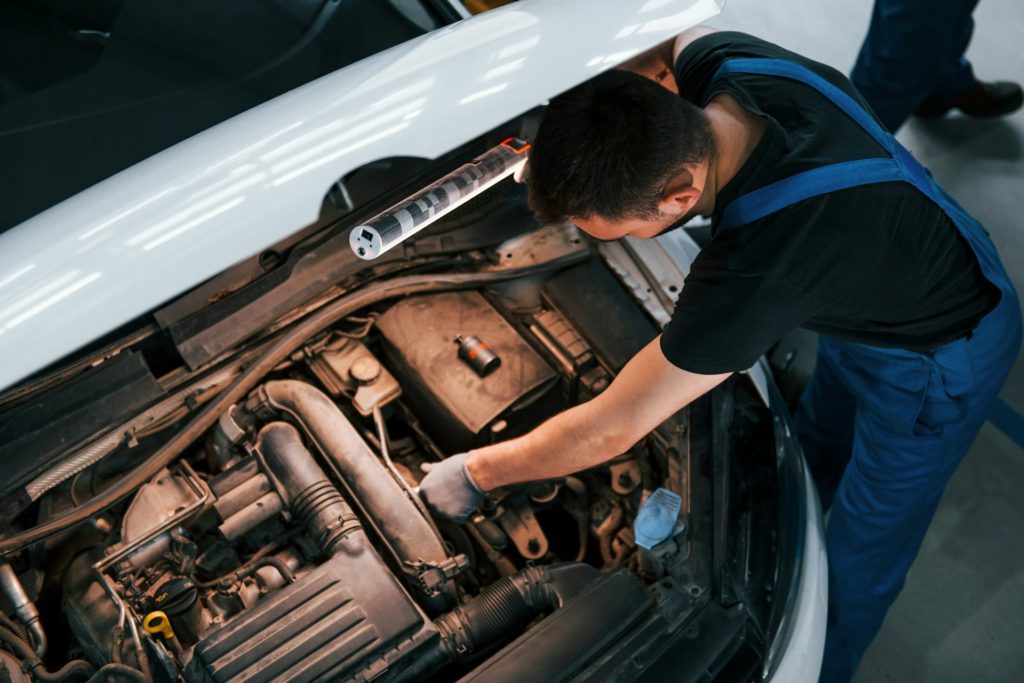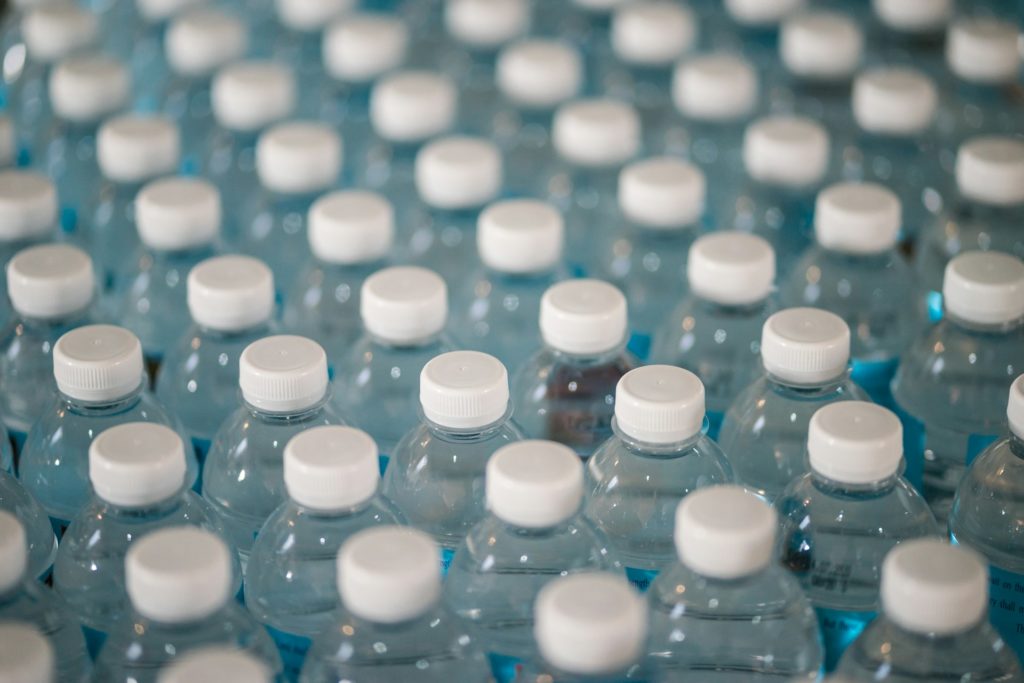The introduction of the Plastic Tax in the UK has brought a renewed focus on reducing plastic waste and promoting a more sustainable future. As industries like automotive and manufacturing heavily rely on plastic materials, understanding the implications of this tax and finding cost-effective solutions is crucial for businesses to remain competitive while adapting to new regulations.
This tax, which aims to encourage businesses to utilise a minimum of 30% recycled plastic in their packaging or products, can significantly impact your company’s bottom line if you fail to comply with these requirements. Pulse Plastics, a leading UK independent plastic solution provider, offers an innovative answer to this challenge – reprocessing services.
Reprocessing services provided by Pulse Plastics can help your business claim tax back, saving you money while making a positive environmental contribution. Unlike recycling services, Pulse Plastics focuses on reprocessing plastic waste, turning it into high-quality materials for use in closed-loop products. This approach significantly benefits companies looking to meet the plastic tax requirements, as reprocessed plastics effectively reduce dependency on virgin materials, helping your business achieve the 30% recycled content threshold.
In this informative article, we will delve into the critical details of the Plastic Tax, its impact on the automotive and manufacturing industries, and how Pulse Plastics’ reprocessing services can help your business save money, comply with the new regulations, and support sustainability. Whether you are new to the concept of the Plastic Tax or searching for practical ways to meet the imposed requirements, this essential guide will provide the insights and knowledge you need to help your business navigate this significant change successfully.
1. The Plastic Tax: What You Need to Know
The UK’s Plastic Tax represents a significant step towards addressing the global plastic waste crisis by encouraging businesses to increase the proportion of recycled content in their products or packaging. This environmental initiative, scheduled for implementation in April 2022, is designed to reduce reliance on virgin plastics, increase recycling rates and stimulate investment in recycling infrastructure. It will directly impact businesses operating within the automotive and manufacturing sectors. Key aspects of the Plastic Tax include:
- For plastic packaging products manufactured in or imported into the UK, a £200 per tonne tax rate will apply if they contain less than 30% recycled plastic content.
- A likely rise in the cost of virgin plastic materials due to increased demand for recycled content.
- Improved plastic waste management and heightened corporate social responsibility.
2. Implications for the Automotive and Manufacturing Industries
The Plastic Tax will create a ripple effect throughout the automotive and manufacturing industries, as businesses strive to adapt their operations to meet these new regulations. The challenges and opportunities they face include:
- Increased cost of materials: The tax will necessitate increased recycled content, driving up the demand and price for recycled plastics, which can impact businesses’ bottom lines.
- Rising regulatory expectations: Companies must ensure their products or packaging comply with the Plastic Tax requirements to avoid potential penalties and reputational damage.
- Redesigned supply chains: The onus will be on businesses to develop strategies for sourcing more recycled plastics in their products or packaging to satisfy the 30% threshold.
3. Pulse Plastics: Turning Challenges into Opportunities with Reprocessing Services
Pulse Plastics offers a solution that helps businesses within the automotive and manufacturing sectors counter the challenges posed by the Plastic Tax, transforming them into opportunities for growth and sustainability. By leveraging Pulse Plastics’ reprocessing services, businesses can:
- Save money: By utilising reprocessed plastics in your product or packaging, your company can achieve compliance with the Plastic Tax requirements, allowing you to claim tax back and reduce your business costs.
- Reduce environmental impact: Partnering with Pulse Plastics for reprocessing services shows a commitment to reducing waste and preserving natural resources, contributing to your company’s corporate social responsibility efforts.
- Strengthen supply chains: Incorporating reprocessed plastics into your supply chain mitigates the risks associated with the volatility of virgin plastic prices, increases operational resilience, and helps ensure stable materials procurement.
4. Embracing Reprocessing Services: Steps to Success
Businesses must adopt a systematic and strategic approach to adapt to the Plastic Tax and maximise the benefits of Pulse Plastics’ reprocessing services. The following steps outline the process for successfully integrating reprocessed plastics into your automotive or manufacturing operations:
- Evaluate Current Practices: Conduct a thorough analysis of your existing manufacturing processes, material usage, and waste management strategies to determine the scope of the required changes and assess the most effective ways to incorporate reprocessed plastics.
- Collaborate with a Specialist Provider: Engage with a reputable and experienced provider like Pulse Plastics, offering a diverse range of high-quality reprocessed materials, tailored services, and valuable insights on navigating the Plastic Tax.
- Develop Reprocessing Strategies: Collaborate with Pulse Plastics to design and refine waste management initiatives, align with your operational requirements, and ensure optimal reprocessed plastics integration into your product or packaging.
- Cultivate a Culture of Continuous Improvement: Encourage ongoing progress and innovation within your organisation by monitoring the performance of your reprocessing strategies, identifying further opportunities for cost savings, and pioneering industry-wide sustainability initiatives.
Conclusion
The implementation of the Plastic Tax is an opportunity for automotive and manufacturing businesses to reassess their approach to material usage and waste management, driving change that fosters a more sustainable, environmentally friendly, and economically viable future. Pulse Plastics’ reprocessing services offer a viable solution for companies to achieve these goals, ensuring compliance with the new tax requirements and saving money in the process.
By understanding the Plastic Tax, its implications for your industry, and the steps required to integrate reprocessed plastics into your operations, your business can adapt to this significant change and thrive in an era of environmental responsibility. Seize the moment and embrace innovative solutions offered by Pulse Plastics to create a more sustainable, cost-effective, and resilient business model and contribute to a greener, healthier world for us all.


